While only three teams have reigned supreme in the Rugby League World Cup since its inception in 1954 – rugby league fans have still been treated to a number of incredible finals that will be remembered for decades to come. With this year shaping up to be one of the most competitive in World Cup history from the quarter finals onwards – expect some nail-biters as the business end of the tournament approaches.
It will be interesting to see how the 2022 final compares to some of the classics of the past – so without further ado – read on as we take a look at the deciders considered to be the best to date.
Australia vs New Zealand – 2008
Widely considered as one of the greatest international rugby league games of all time – underdogs New Zealand took on overwhelming rugby league world cup betting odds favourites Australia at the famed Suncorp Stadium (formerly Lang Park). Otherwise known as ‘The Cauldron’, the Kangaroos hadn’t lost in Brisbane since 1987 – making the Kiwis’ task of winning their first World Cup all the more difficult.
With the likes of Darren Lockyer, Billy Slater, Johnathan Thurston, Greg Inglis and Cameron Smith just a handful of the world-class names in the Australian side, there weren’t too many outside of the New Zealand camp who believed they could get the job done. However, although they didn’t boast similar depth to that of the Aussies – the Kiwis too had a number of star players in their squad.
Benji Marshall, Issac Luke, Jerome Ropati and Lance Hohaia can tear any team to shreds on their day – and fortunately for New Zealand – all four rose to the occasion. After tries to Australia’s five-eighth Lockyer and winger David Williams to open proceedings, the hosts shot out to a 10-0 lead inside 20 minutes. New Zealand teams of the past would’ve folded at that point – however – you could sense there was something different about this group.
The Kiwis hit back through tries to Jeremy Smith and Ropati, before Lockyer scored a second to ensure the Kangaroos took a 16-12 lead into the main break. The visitors came out in the second stanza firing, scoring four of the next five tries to upset the applecart and defeat their Trans-Tasman rivals 34-20 – and in doing so – they became the first New Zealand team to hoist the Paul Barriere Trophy.
Australia vs England – 2017
Despite only one try being scored, the 2017 Rugby League World Cup final between Australia and England was one of the most thrilling games in the tournament’s 68-year history. After Kangaroos second-rower Boyd Cordner crossed for a try in the 15th minute – the Australians capitalised on their momentum and continued to make inroads into England’s defence. With England on the back foot for the majority of the first half – many felt that it was simply a matter of time before the Aussies ran up a cricket score on their opposition.
However, England wouldn’t go away, withstanding Australia’s onslaught to head into half time just 6-0 down. That clearly gave them confidence, as the Wayne Bennett-coached side looked like a completely different team in the second half and turned the game on its head. Making line break after line break, it appeared as though England were going to come away with an historic victory and secure their third World Cup gong. They couldn’t manage to turn their pressure into points however, and ultimately went down 6-0 in a low-scoring and hard-fought affair.
Great Britain vs France – 1954
The inaugural Rugby League World Cup final in 1954 was one to remember, as Great Britain defeated France 16-12 at Parc des Princes in Paris. The final was highly anticipated, with the pair of teams having already played each other earlier in the tournament in front of a record crowd of 37,471 in Toulouse. It ended in a 13-all draw, ensuring fans could expect another close contest when they met in the final less than a week later.
With home ground advantage and a far more experienced squad, the French were widely tipped to be crowned the first-ever Rugby League World Cup champions. However, Great Britain defied the odds and beat their bitter rivals by four points – with David Rose’s try proving the difference.

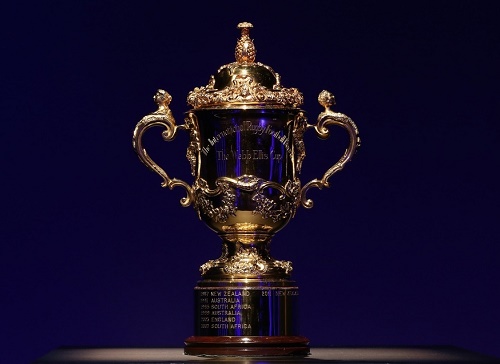

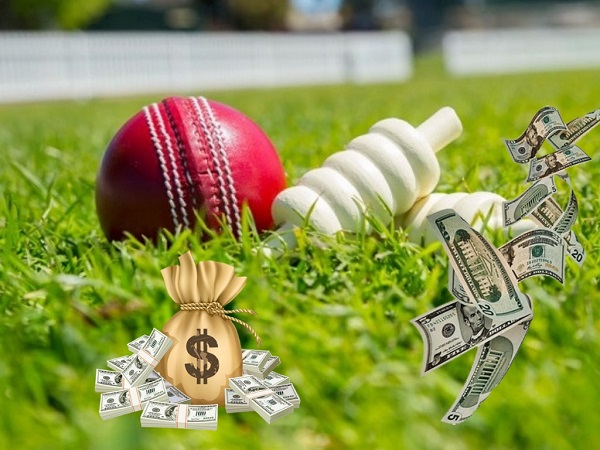


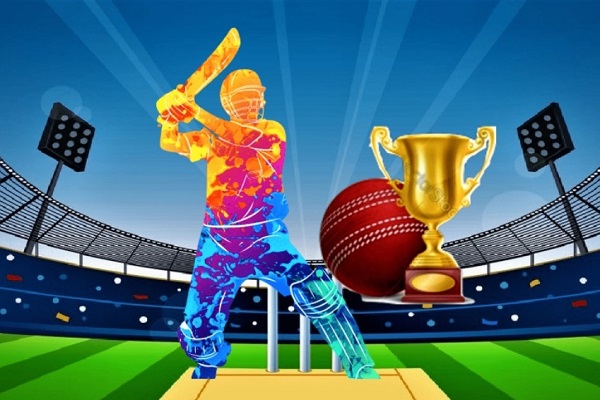
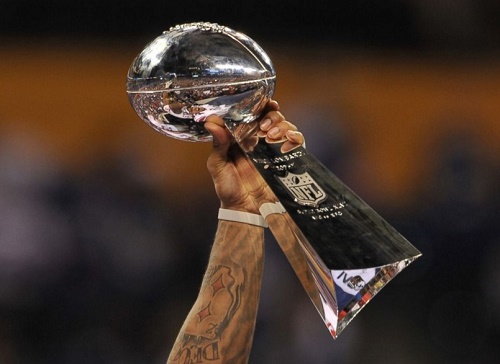
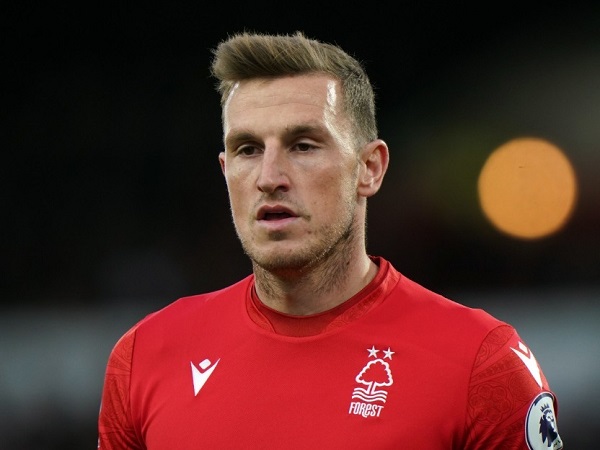
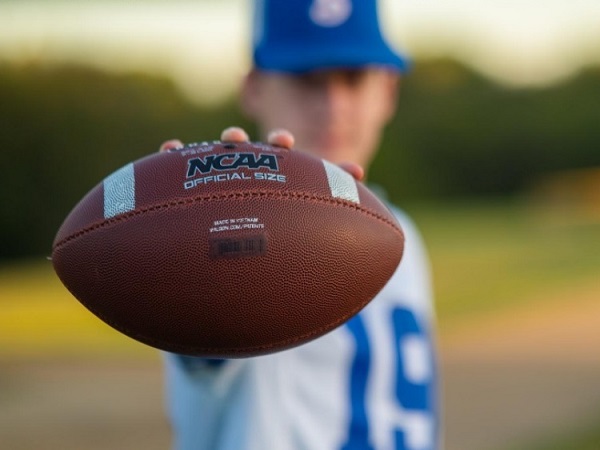
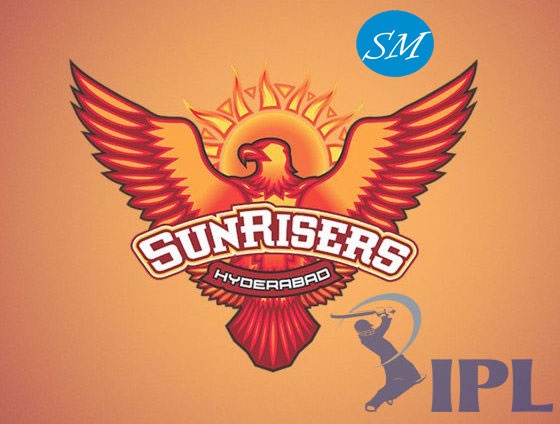
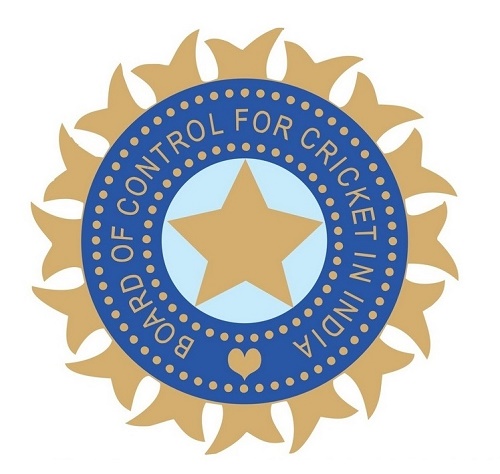
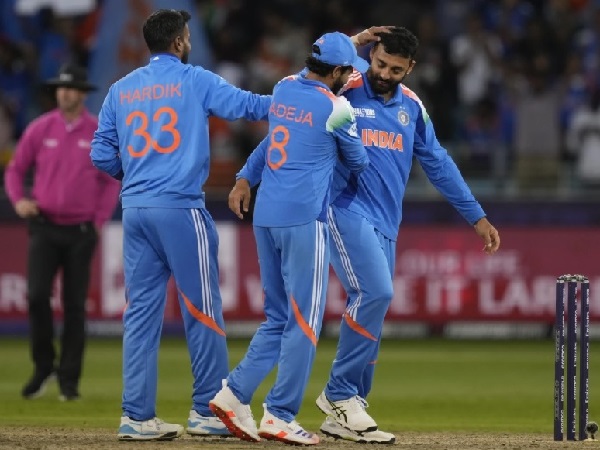
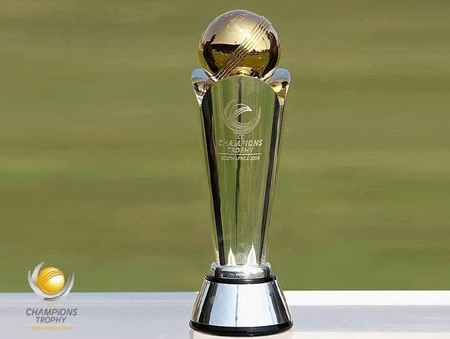
Leave a Reply